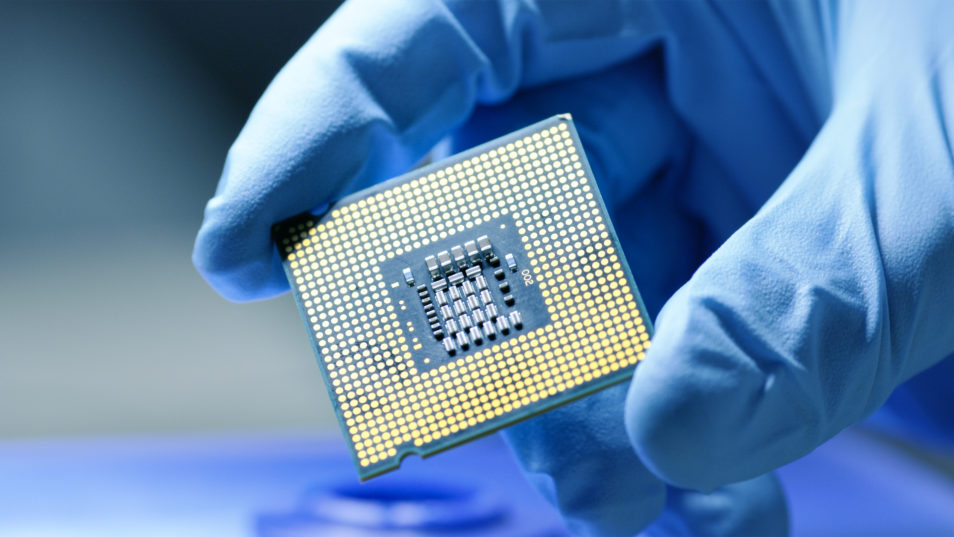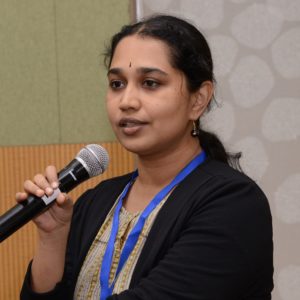India: Making Strides in the Second Quantum Revolution
 © iStockphoto
© iStockphoto
Even as quantum science and technologies have taken giant strides worldwide over the last decade, India is well on its way to becoming a key contributor to this second quantum revolution.
India’s Quantum Initiative
The Government of India launched the National Mission on Quantum Technologies and Applications (NMQTA) in 2020 with a proposed budget of Rs. 8000 crores (1.2 billion USD) over a period of five years. The areas of focus would both be in fundamental science and towards developing technology platforms in the following:
(i) Quantum Computing & Simulations
(ii) Quantum Materials & Devices
(iii) Quantum Communications
(iv) Quantum Sensor & Metrology
This was preceded by the Quantum-enabled Science and Technologies (QuEST) initiative of the Department of Science and Technology (DST) in 2019. Thematic groups focused on four key quantum technologies, namely, photonics, trapped ions/atoms, Nuclear Magnetic Resonance (NMR)/Nitrogen‐Vacancy (NV) centers and superconducting qubits. Several projects have been funded across theory and experiment under each theme, to the tune of Rs. 80 crores (11.2 million USD), over three years. The initiative has given impetus to the community of quantum researchers across India and synergized their efforts towards building near-term quantum devices.
While the government backed initiatives have infused the much-needed capital for quantum research, the past few years have also seen the quantum community grow in strength and diversity. Research institutes and universities in India have been aggressively hiring new faculty in the domain and there are at least half a dozen conferences dedicated to quantum computing and quantum information are being held in India annually. India is ideally placed today to become a global research partner in this field, as is evident through the work of several research groups on quantum science and technologies across the country.
Indian Research Groups on Quantum Science and Technologies
The Quantum Information and Computing (QUIC) Lab established in 2012 at the Raman Research Institute (Bangalore) was one of the first to work on single and entangled photons and optical quantum technologies. The additional areas of focus at the lab include quantum communication quantum computation, and quantum fundamentals and QIP. Prof Urbasi Sinha, guest speaker at the Indo-German Symposium on Quantum Science and Technologies, elaborates on the ongoing projects at the lab in the video below.
While the Institute of Mathematical Sciences (Chennai) and the Harishchandra Research Institute (Allahabad) have dedicated theory groups working on quantum information theory and quantum optics, other Institutes such as the Indian Institute of Science (Bengaluru), IISER Mohali, IIT Bombay and IIT Madras have both theoretical as well as experimental groups.
The Tata Institute of Fundamental Research (TIFR) in Mumbai and the Indian Institute of Science Education and Research (IISER) in Pune have a strong focus on experimental realization of quantum bits. In particular, TIFR (Mumbai) has an experimental group focusing on superconducting qubits, led by Prof. R. Vijayaraghavan. Vijay’s group works on transmon qubits and has recently developed and characterized a three-qubit quantum processor.
IISER Pune has dedicated experimental groups working on both NMR-based qubits and trapped ion systems, apart from a theoretical group on quantum chaos and quantum information theory. In fact, just last year, the government announced the setting up of a Technology Innovation Hub (TIH) in quantum technologies at IISER Pune.
Quantum Group at Indian Institute of Technology (IIT) Madras
IIT Madras too has an active quantum group spread across the physics and electrical engineering departments. In the latter, the group on photonics-based quantum communication and quantum computing architectures has successfully demonstrated a quantum key distribution (QKD) protocol using phase-encoded weak coherent pulses, which is expected to form the building block of a secure quantum communication network. In the physics department, on the other hand, the experimental effort is focussed on building a robust quantum memory as well as NV-Center based quantum sensors. On the theory front, IIT Madras has a large group encompassing various aspects of quantum computing and quantum information theory including quantum error correction, quantum entanglement, quantum chaos, and quantum metrology. The group also works on condensed matter theory and quantum optics, making it one of the most diverse groups in the country. The institute has recently also approved the formation of a new Centers of Excellence dedicated to Quantum Computation, Quantum Information Theory and Quantum Materials, with a view to boosting the research infrastructure and funding international conferences and collaborations. Last but not the least, IIT Madras is perhaps the first Institute in the country to start a focused inter-disciplinary Masters program in Quantum Science and Technologies (QuST) for motivated IIT undergraduates to get hands on research experience in this area.

"Over the next few years, I am hopeful that India will emerge as an important research hub for quantum science and technologies. Over the last few years, we are witnessing a steady growth, in terms of interest, funding and availability of quality manpower in this area. In this regard, I feel IIT Madras is uniquely placed with an in-house research expertise that spans theory and experiment, engineering, and science. This is a truly exciting time to be a quantum physicist!"Dr Prabha Mandayam. Assistant Professor; Indian Institute of Technology (IIT) Madras
More Information
Click here for more updates on quantum research in India and Germany.
